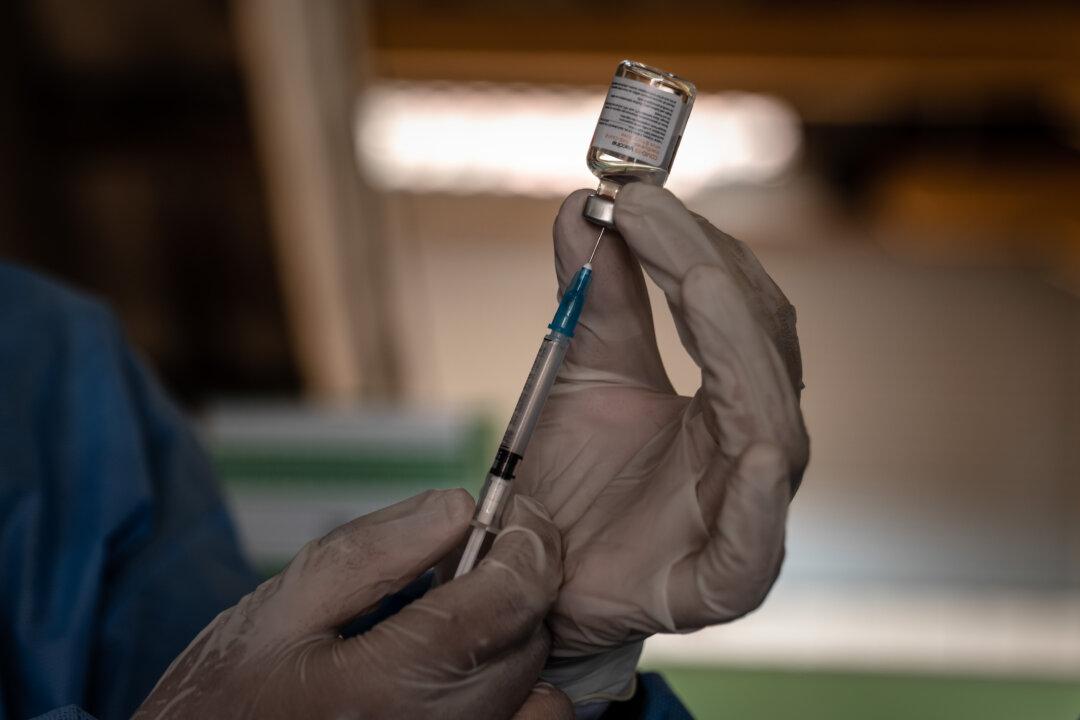Two Hong Kong residents are in serious condition after receiving China’s Sinovac COVID-19 vaccines, the Hong Kong government announced on Sunday, after a 55-year-old woman with chronic illness died four days after receiving her vaccine—the second related death in the city.
COVID-19 is the disease caused by the CCP (Chinese Communist Party) virus, commonly known as the novel coronavirus.





